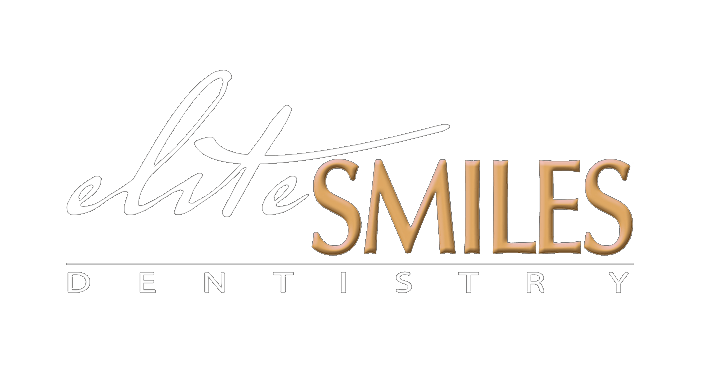Whether it’s sugar or reality television, we all have our vices. Some vices are worse for your oral health (and total health) than others. Alcohol and tobacco have been human vices for a very long time. We all know these aren’t considered elements of a healthy lifestyle, but what exactly are the negative effects of these bad habits on our oral health?
Alcohol Consumption and Your Mouth. Alcohol can definitely be part of a healthy lifestyle if consumed in moderation. The U.S. Government’s Dietary Guidelines for Americans defines moderate alcohol consumption as having up to one drink per day for women and up to two drinks per day for men. The Centers for Disease Control and Prevention (CDC) defines heavy drinking as consuming 8 drinks or more per week for women and consuming 15 drinks or more per week for men.
As you might expect, the adverse oral health effects of heavy drinking are more severe than those of moderate drinking, but any amount of alcohol affects your mouth. Alcoholism is the second most common risk factor in the development of oral cancer, second only to tobacco use. Heavy drinkers also have an increased risk of periodontal disease, tooth decay, tooth loss, and mouth sores.
Though still present, the effects of moderate drinking are much less detrimental to the long-term health of your mouth. If you’ve ever looked in the mirror after a glass or two of red wine, you might be aware of its staining effects. Like coffee, some alcohols contribute to the discoloration of your teeth.
You may have heard that using alcohol-based cleansers dries out your skin. The same thing is true with your mouth. Alcohol has a drying effect on your mouth which leaves bacteria sitting on your teeth with no saliva to wash it off. This (and a hangover) can be avoided by staying hydrated while enjoying your alcoholic beverage.
While all alcohol has some effect on your teeth, some drink choices are better than others. Clear-colored liquids paired with low-sugar mixers won’t stain as badly and contain less cavity-causing acid to attack your teeth.
The Effects of Cigarettes on Your Oral Health. I’m sure you’ve been told time and again about how horrible cigarettes are for your health. In addition to the damage they cause to your heart and lungs, cigarettes also do a number on your oral health.
As I mentioned earlier, tobacco use is the number one cause of oral cancers. Smokers are six times more likely to develop mouth or throat cancer than non-smokers, and smokeless tobacco is even more dangerous than cigarettes when it comes to mouth cancer risks.
Smoking cigarettes weakens your body’s immune system, which in turn lets the bacteria in your mouth take hold. Smokers are more likely to have advanced cases of periodontal disease, which can lead to a myriad of health problems ranging from tooth loss to a heart attack.
In addition to the big, life-threatening side effects, smoking causes your smile to become discolored and dull. Over time, you also become less receptive to taste and develop chronic bad breath.
Reach Out. Your dentist is the perfect person to start the “time to quit” conversation with. They can give you resources and advice that will help get your health back on track. Here are a couple of other valuable resources as well.
https://www.aa.org/: The Alcoholics Anonymous site is full of helpful information and has a locator for support meetings in your area.
https://smokefree.gov/: There’s an official site to support you on your journey to quit smoking for good. There’s material geared towards veterans, women, teens, Spanish-speaking individuals, and individuals over the age of 60.

